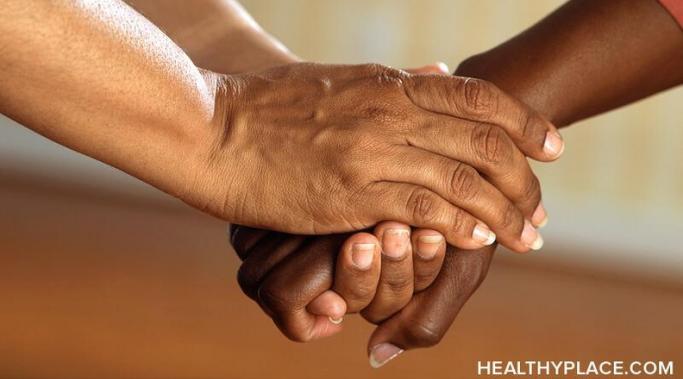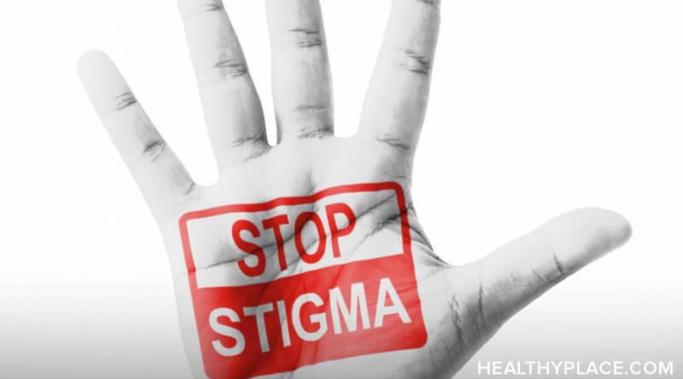Blogs
Learning to set limits in addiction recovery is vital for overall wellness (Applying Addiction Lessons When We Need a Hiatus). In knowing my own limitations, I have decided it is best for my addiction recovery to say goodbye as an author of Debunking Addiction.
Recently I got mental health advice from a tarot reading. I'll be the first to admit I'm skeptical about tarot (Alternative Mental Health Information). But recently I got a reading that was empowering. The reading had three pieces of mental health advice I will share since they're good for everyone to know.
Social isolation caused by mental health stigma can be debilitating. Many people are aware of social anxiety disorder, but social isolation is a form of anxiety where a mental health patient is not in a care facility but their own home and has a hard time facing the many forms of mental health stigma in society (Mental Illness, Isolation, and Loneliness).
“Prayer” is one of those words people with schizophrenia or schizoaffective disorder just don’t want to hear. It’s like “yoga” or “meditation.” The problem occurs most often when one of these is suggested as a substitution for medication. Such an alternative is, of course, ridiculous and risky. But, while I’m not suggesting it would work for everyone, prayer helps me with my schizoaffective disorder, along with treatment. The way it helps might not be what you expect.
Fitness bands are designed to improve an individual's physical fitness, but can fitness bands help improve anxiety and general mental health as well? When I purchased a fitness band a while back, it was with the intention of boosting my physical health and fitness level. Little did I know, this fitness band lower my anxiety and improve my mental health (The Effects of Physical Health on Mental Illness).
My name is Geralyn and I’m the new author of Bipolar Vida. Living with bipolar disorder certainly has its challenges. I’m a clinician, writer, advocate, idealist and doctoral student. I can’t tell you how excited I am to be able to share some of my personal bipolar experiences and nuggets of wisdom with you.
Did you know that coping with depression improves with practice? I wish that depression checked prerequisites before working itself into someone’s brain. I want to know that I’ve met a checklist of skills that guarantees that I'm fully capable of coping with depression. Fortunately, coping skills can improve with practice, in which case I think that depression could almost be viewed as a sport. Athletes have basic skills that help them succeed, but they must practice smaller, more specific skills in order to improve their overall success at the sport (Beating Anxiety the Triathlon Way). The same goes for coping with depression.
The person you meet in eating disorder recovery lies in the abyss of the rock bottom of addiction. It’s when you’ve tried on your own and failed. It’s when don’t have enough tools yet to fend off the destructive patterns. In the abyss of rock bottom, you may end up in a hospital or treatment center fighting for your life, even when you’re not sure you want to fight for it. But we have a seed of will to survive, a sliver of hope that there’s a better life, if we can just find it. The person you meet in eating disorder recovery is the person that will be with you for the rest of your life, because that person is you.
Do you know why addiction is not a moral issue but a mental health issue? Recently a friend of mine posted a video in which a federal prosecutor described herself as, "on the front lines in the war against drug abuse." My first thought was, "No, that's therapists. You're on the front lines on a war against an illness." There are three reasons why addiction is not a moral issue, but a mental health one: underlying mental illness, a physical component to addiction, and it can happen to anyone (Dual Diagnosis: Substance Abuse Plus A Mental Illness).
Fighting mental health stigma isn't done by walking away. Although, in general, “walk away” is actually some pretty solid advice. If you’re looking to avoid confrontation, triggers, frustrations or other detrimental situations, then yes, by all means, please save yourself the grief and trouble by walking away. But as someone looking to advocate against the stigma of mental illnesses, I know that walking away doesn't help fight mental health stigma.








